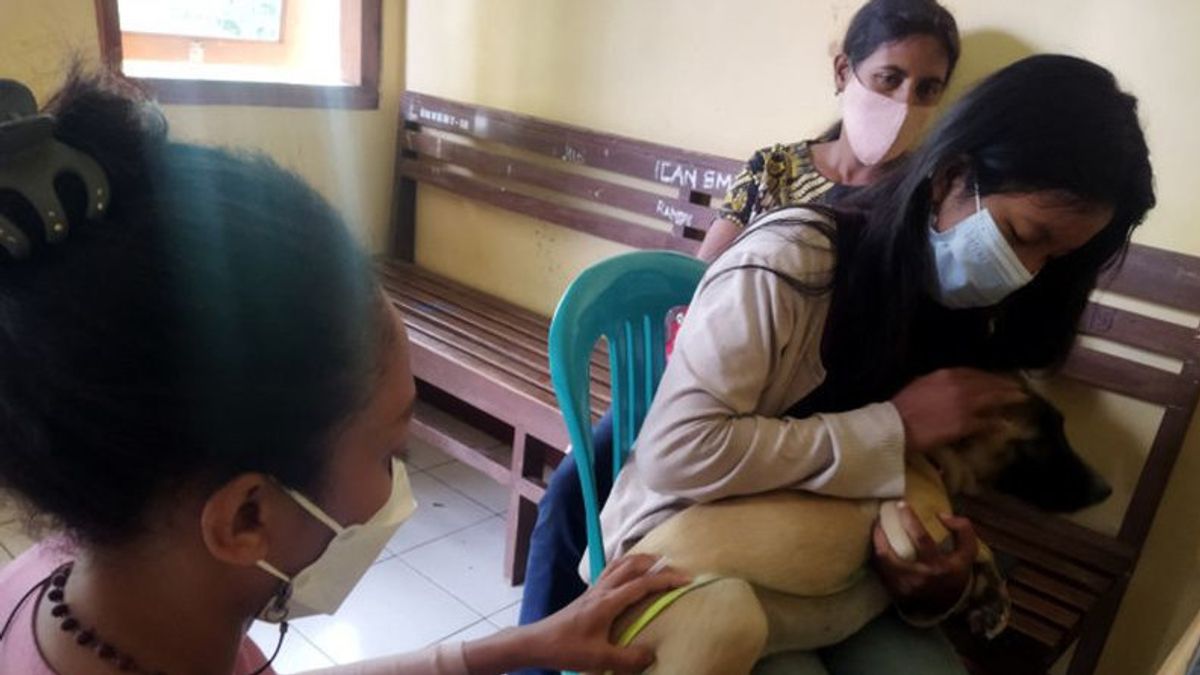The Health Office of South Central Timor Regency (TTS), East Nusa Tenggara reported that the number of victims who died from rabies dog bites increased to six people who were dominated by children.
"As of this afternoon, the number of victims who died as a result of being bitten by a rabies dog has become six people after on Thursday a seven-year-old boy was reported to have died," said the Head of the Health Office of TTS Ria Tahun as reported by ANTARA, Friday, June 30.
This was conveyed in connection with the development of the rabies dog bite case in South Central Timor Regency which began to appear in May 2023.
He said the six people who died were dominated by children aged seven years and under. Because one person is a 49-year-old adult who died at the end of May.
"The victim was bitten by a dog who was then treated intensively but later died, due to slow treatment after being bitten by a rabies dog," he said.
The case of rabies dog bites in TTS Regency as well, he said, continues to increase. Now the number has reached 635 people spread across 162 villages in 30 sub-districts from 32 sub-districts in the district.
The Chancellor of Nusa Cendana University Kupang, NTT, Prof. Dr.drh Maxs U.E Sanam, assessed that the lack of public awareness and discipline made the number of rabies cases in South Central Timor Regency (TTS) in Timor Island increase.
"The problem is in the discipline and awareness of the community to bind and ground rabies-carrying animals, one of which is dogs," he said.
Maxs added that discipline and obeying the rules are the key to preventing an increase in rabies cases in South Central Timor, which has now reached the border between Kupang Regency and TTS Regency.
He gave an example that in the 1900s England had been hit by the rabies outbreak and the local government immediately issued rules to bind entire dogs or cover dog mouths when they left the house.
The local government also issued a regulation to provide fines for its citizens who do not comply with these rules. As a result, rabies cases do not spread widely in the country.
According to him, the handling of rabies cases in NTT does not only rely on vaccines, because it takes billions of rupiah to bring in vaccines.
"Moreover, NTT now has debts of around Rp. 1.3 trillion. Therefore, this discipline is very necessary," he said.
The English, Chinese, Japanese, Arabic, and French versions are automatically generated by the AI. So there may still be inaccuracies in translating, please always see Indonesian as our main language. (system supported by DigitalSiber.id)













